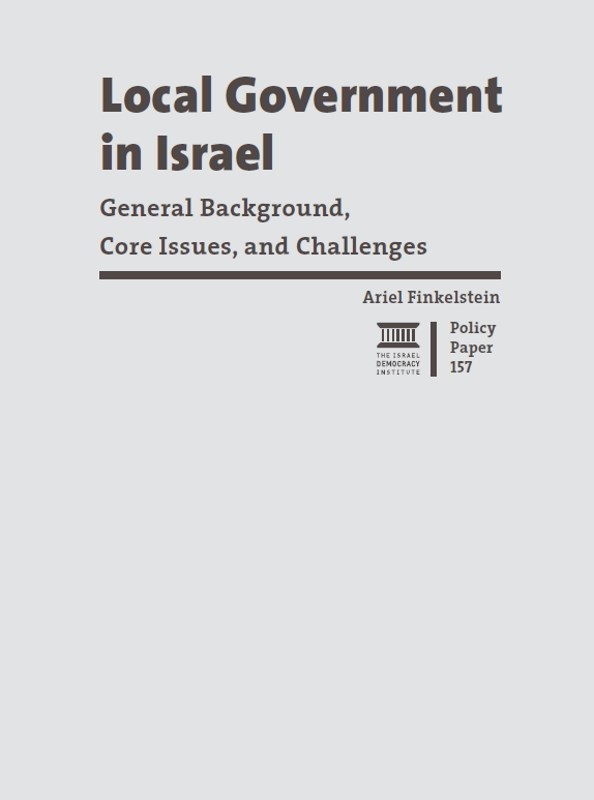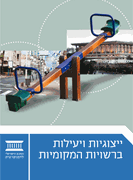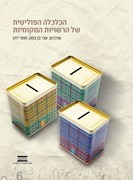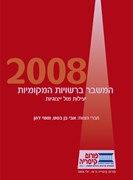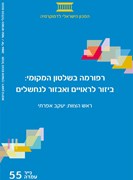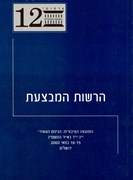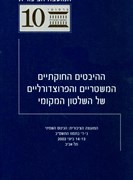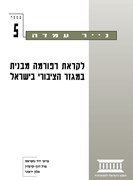

Publications Regarding local government
Articles
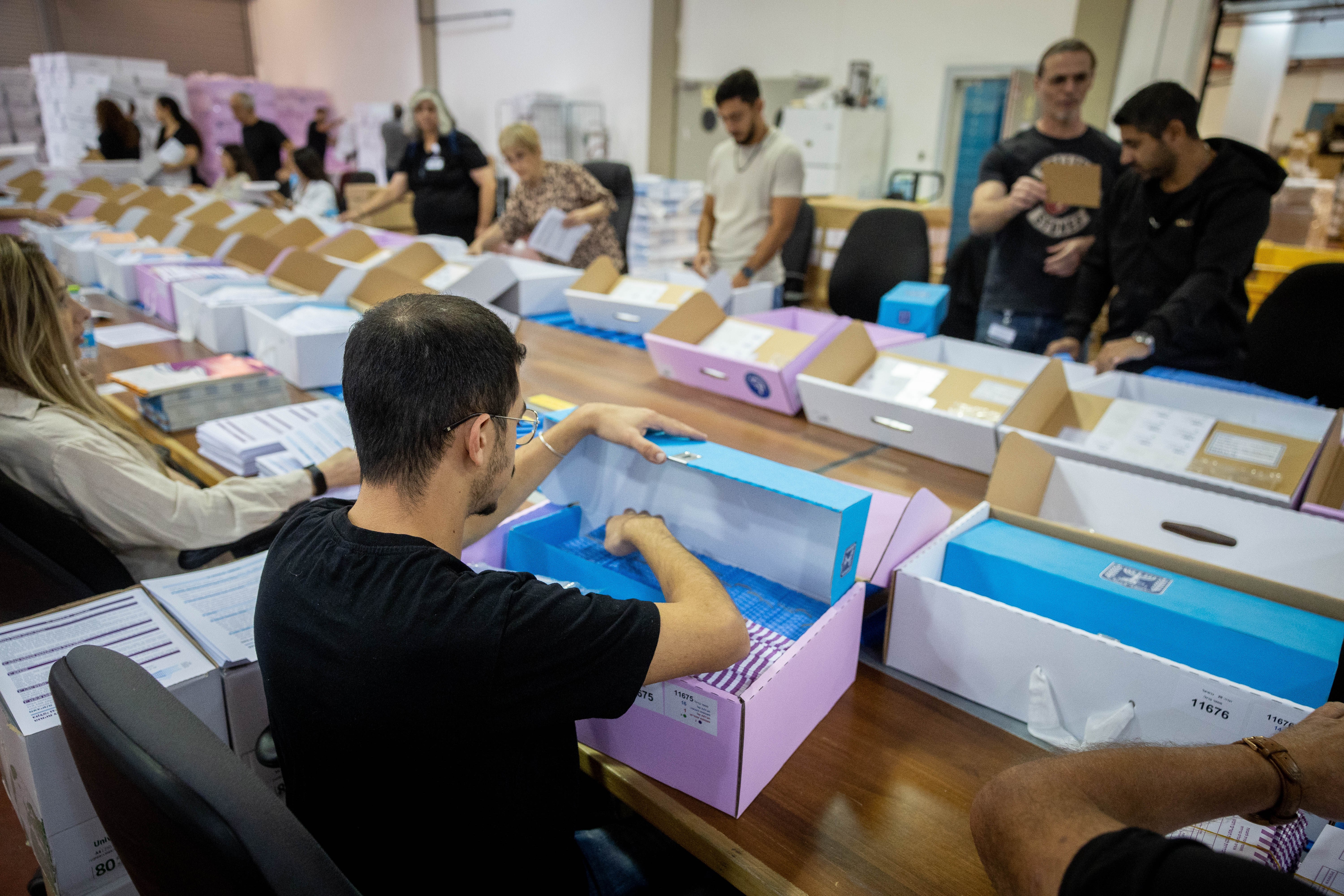
Your Questions Answered About Israel's Wartime Local Elections
Written By: Dr. Assaf Shapira
In a few weeks elections will be held in local authorities across Israel. While they were originally scheduled for October 31st, 2023, they were postponed due to the outbreak of war. Elections during wartime raise a slew of challenges that are exceptional to the circumstances. Find out everything you need to know about wartime local elections in Israel.
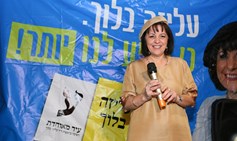
Israel Needs More Women on Local Councils
Written By: Adv. Anat Thon Ashkenazy, Dr. Assaf Shapira
For local government to be able to truly represent all residents and understand the diversity of their different needs, it is important that there be appropriate representation of men and women alike
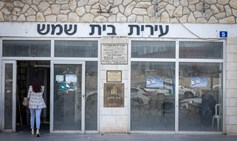
“Nationalizing” Municipal Tax Runs Counter to Local Democracy and to OECD Recommendations
Written By: Dr. Ariel Finkelstein
The OECD recommends granting local authorities’ greater autonomy in setting local taxation. The program being pursued by the current government raises fears of central government taking control of the Arnona (municipal tax) Fund, as has happened in the past.
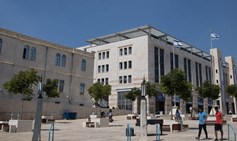
Can Israel’s Politicians Regain Israelis’ Trust?
Written By: Dr. Ariel Finkelstein
Reducing centralization and handing over political power to local authorities, might just might do the trick
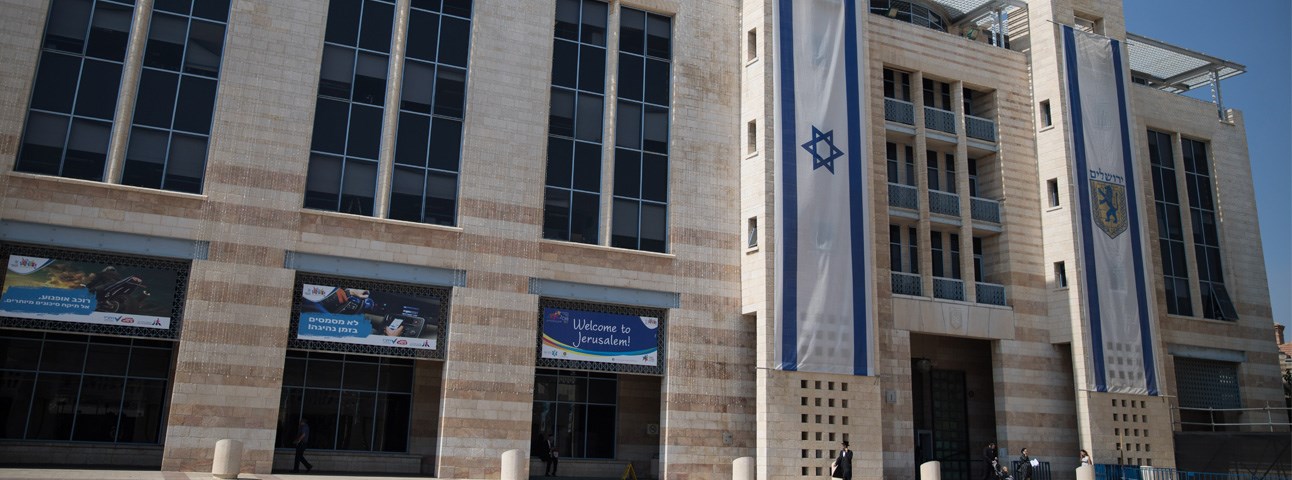
Enough Talk about Decentralization – It’s Time for Action
Written By: Dr. Ariel Finkelstein
There has been much talk and little action about the need to delegate powers to the local authorities. Now is the time for actual be movement on the ground.
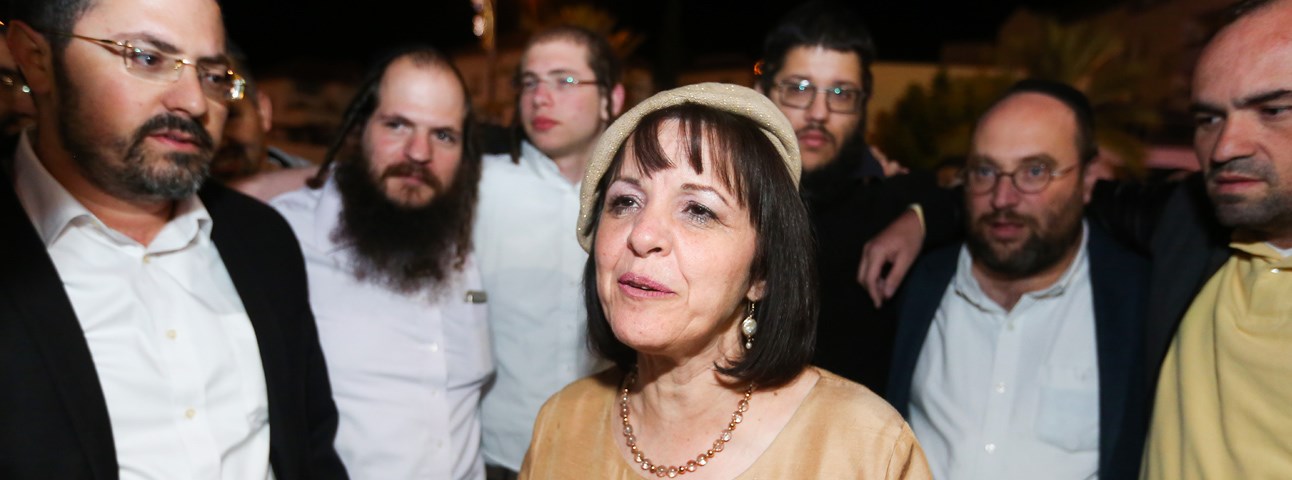
Local Government vs. Central Government
Dr. Aliza Block, mayor of Bet Shemesh:"The idea that a senior official sits in Jerusalem and knows how to decide for me which streets or stations to close is fundamentally wrong."
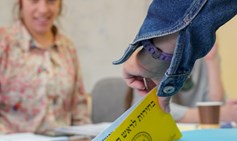
Local Government and Local Elections: Time to Move Away from Centralized Thinking
Written By: Prof. Gideon Rahat
Israel’s system of local elections has been in place since the 1970s - but is it optimal? Prof. Gideon Rahat proposes reform to enhance the compatibility of the system to the characteristics and needs of different localities.
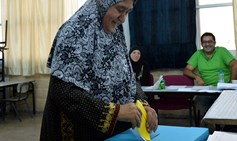
Why Local Elections Matter
Written By: Yohanan Plesner
"While Israeli national politics get most of the coverage, it is the local level that in many cases has the greatest impact on Israeli lives." Read Yohanan Plesner's op-ed on the upcoming municipal elections and why electoral reform is required, both on the local and national level.

Is It a Very Scary Time for Young Men?
Written By: Prof. Tamar Hermann, Prof. Ephraim Yaar
The monthly Peace Index of the Israel Democracy Institute and Tel Aviv University finds that: 44% of Jewish and Arab Israelis agree with President Trump’s statement that “It’s a very scary time for young men” – the percentage among men who agreed was significantly higher than that among women.
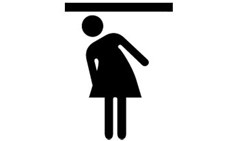
Women in Israeli Politics
Written By: Prof. Ofer Kenig
The number of women in Knesset has increased dramatically to five times what it was 25 years ago. The share of women in the Israeli Knesset is now almost 27%, making it higher than in the U.S. Senate (20%) or the House of Representatives (19.4%).

Transparency in Local Authority Budgets
Written By: Dr. Tehilla Shwartz Altshuler
Dr. Tehilla Shwartz Altshuler discusses the challenges to transparency in the budgets of Israel's local authorities, including the need to make budgets accessible, to enable searches within budgets, and to facilitate comparisons between the budgets of different authorities.

International Disabilities Day 2013: Human Rights and Judaism in Action
Written By: Benjamin (Benny) Lau
In honor of International Day for Persons with Disabilities, Rabbi Dr. Benjamin (Benny) Lau updates us on IDI's efforts on behalf of people with disabilities and reveals that people with guide dogs are now allowed to access the Western Wall.
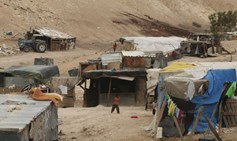
Regulating Bedouin Settlement: A Disengagement Plan for the Negev
Written By: Ronit Levine-Schnur
Ronit Levine-Schnur analyzes the Bill to Regulate Bedouin Settlement in the Negev 5773–2013, warns that it seems to be motivated by an exaggerated fear of a Bedouin takeover of the Negev, and offers an alternative approach.

The Israeli Municipal Elections 2013: Some Preliminary Findings
Written By: Nir Atmor, Dr. Dana Blander, Dr. Assaf Shapira
Dr. Nir Atmor, Dr. Dana Blander, and Assaf Shapira share some preliminary findings on voter turnout and women's representation in the Israeli municipal elections of 2013.

On the Decline in Voter Participation in Municipal Elections in Israel
Written By: Dr. Assaf Shapira
Why is voter participation in local elections in Israel so low? Assaf Shapira explains the reasons behind this phenomenon, discusses its implications, and offers possible remedies.
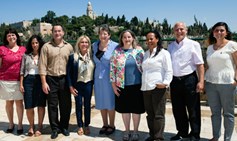
Women and Israeli Local Politics – A Natural Fit
Written By: Moran Nagid
More women than ever are running for Israeli municipal government in the local elections of 2013, but is it enough? Moran Nagid surveys the appeal of local politics for women and suggests a means of improving the situation.

Local Authorities: An Issue of National Importance
Written By: Shmulik Nili
Who is addressing the problematic relationship between local and national government in Israel? Is anyone designing a a comprehensive reform program to solve some of the issues that are the result of a malfunctioning system of local governance? How, if at all, does the national media deal with this issue?

Elections for the Local Authority – Who, What, When, Where and How?
Written By: Dana Blander
An exploration of voter participation in municipal elections in Israel that explores the possible reasons for low voter turnout and proposes ways to increase citizen participation in local politics.

National and Local Politics
Written By: Naomi Himeyn-Raisch
An examination of the development of Israeli local politics, which discusses voting patterns, citizen participation in the decision making process and political activism, as each relates to local politics.

Heading into 2008
Written By: Dr. Arye Carmon
Dr. Aryeh Carmon on emerging anti-political sentiments in Israel. He calls upon the Israeli public and media to show their sense of responsibility to politics by renewing their participation in its processes.

Is There a Connection Between Corruption and Term Limits in Local Government?
Written By: Prof. Ofer Kenig, Dr. Shahaf Zamir
Recent years have seen the emergence of dozens of corruption scandals involving local government in Israel. Subsequently there have been calls to set mayoral term limits to prevent graft and corruption. Dr. Ofer Kenig and Shahaf Zamir's dispel the idea that there is a connection between the length of a mayors term and levels of corruption.

Ultra-Orthodox Parties in Municipalities in Israel
Written By: Dr. Gilad Malach
Tomorrow's elections will determine the local government in 251 cities, towns and municipalities. Of all the political parties represented at a national level in Israel, the ultra-Orthodox parties are the most successful in local government. What are the reasons behind this interesting trend? Read Dr. Gilad Malach's fascinating findings.


